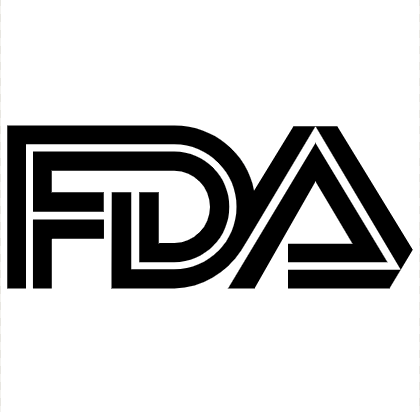Article
FDA Approves Ravulizumab Injection for Pediatric PNH Patients
Author(s):
The new indication for the therapy provides coverage for patients with the rare blood disease as young as 1 month old.

The US Food and Drug Administration (FDA) has approved ravulizumab-cwvz (Ultomiris) for the treatment of life-threatening blood disease paroxysmal nocturnal hemoglobinuria (PNH) in patients aged ≥1 month old.
The indication follows a 2018 approval for the drug in treating adults with PNH, as well as in treating adults and pediatric patients with atypical hemolytic uremic syndrome.
The rare blood disease PNH is the result of a genetic mutation that causes defects in red blood cells that allow them to become destroyed by the immune system, triggering anemia. Up to 1.5 persons per 1 million are affected by PNH, with diagnoses often occurring in younger adults. The newest FDA indication supports treatment for the approximate 10% of the patient population who are pediatric.
Ravulizumab-cwvz was previously granted priority review and orphan drug designation for pediatric PNH indications by the FDA.
The injection therapy was approved for the population on the basis of 26-week study data showing benefit in pediatric patients aged 9-17 years old. Investigators enrolled 13 pediatric patients with PNH into the trial; among them, 5 were naïve to complement inhibitor treatment and 8 had been treated with eculizumab.
Enrolled patients received an initial dose of ravulizumab-cwvz followed by maintenance treatment after 15 days. Patients weighing ≥44 lbs received treatment every 8 weeks; patients weighing less than that received treatment every 4 weeks.
Investigators assessed for primary endpoints of pharmacokinetic and pharmodynamic benefit. Secondary endpoints included blood transfusion avoidance for treated patients.
At 26 weeks, transfusions were avoided by 3 complement inhibitor-naïve patients, as well as all 8 patients who received prior eculizumab.
Commonly observed adverse events in treated patients include upper respiratory tract infection and headache.
Per the FDA, ravulizumab-cwvz will only be available for prescribing via a risk evaluation and mitigation strategy, as the treatment carries new or recurring infection risks including meningococcal infection development.




